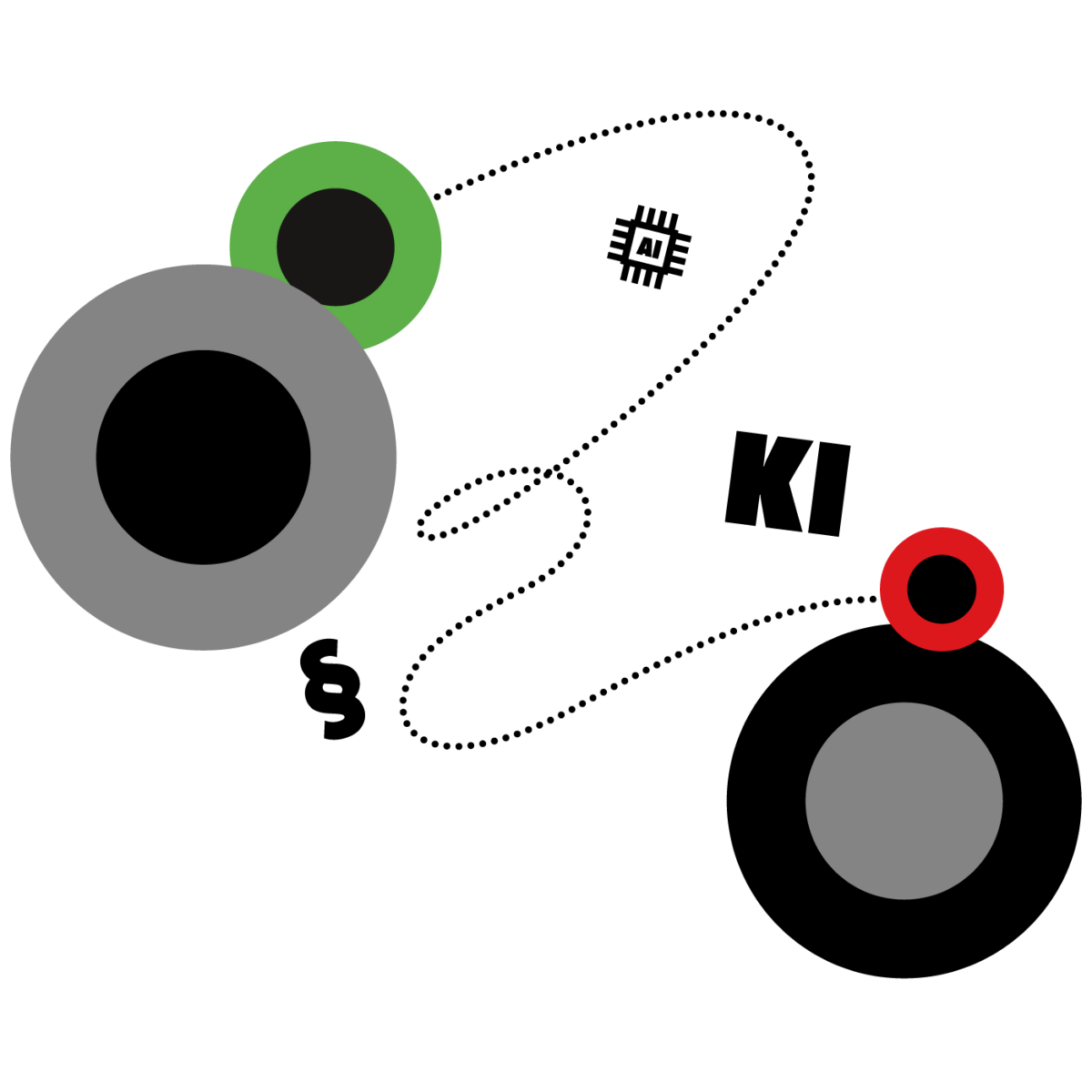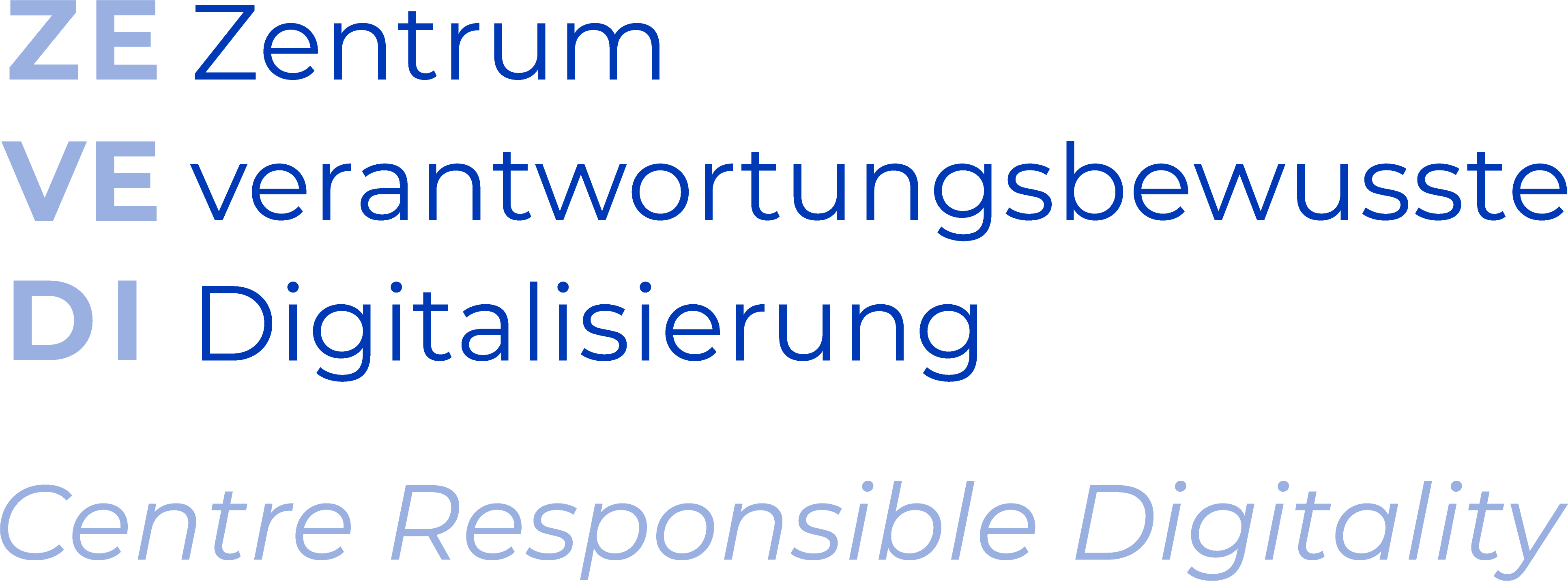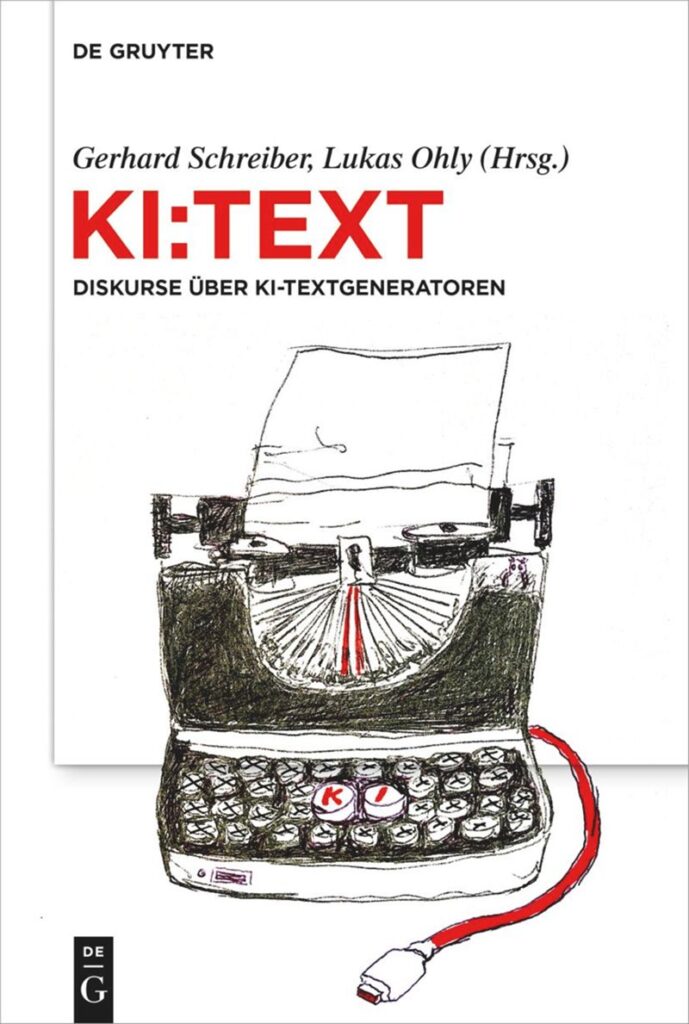Duration: April 2023 until December 2023

The hype surrounding AI-based text generators illustrates the disruptive potential of digital technologies for almost all areas of our working and living environments. Since the release of the chatbot ChatGPT at the end of November 2022, AI text generators have become known and accessible to a broad public for the first time. The discourses on the opportunities, risks and challenges of this technology and the AI methods used in it are correspondingly diverse. The ad-hoc project Discourses of disruptive digital technologies using the example of AI text generators examines these discourses on different levels and from different perspectives. In doing so, it will not only provide orientation through the currently extremely confusing discourse on AI text generators, but also open up the arguments put forward in the individual discourses for overarching considerations of scientific, political and technological theory.
Principal Investigators
Prof. Dr. Gerhard Schreiber, Technische Universität Darmstadt | more information
apl. Prof. Dr. Lukas Ohly M.A., Goethe-Universität Frankfurt a. M. | more information
apl. Prof. Dr. Hermann-Josef Große Kracht M.A., Technische Universität Darmstadt | more information
Research assistant
Kathrin Burghardt, Technische Universität Darmstadt
KI:Text
Diskurse über KI-Textgeneratoren
Gerhard Schreiber & Lukas Ohly (eds.) | 29 January 2024
If artificial intelligence (AI) can generate texts, what does that say about what a text is? What is the difference between texts written by humans and those generated by AI? What expectations, fears and hopes do academics have when AI-generated texts whose authorship and originality can no longer be clearly defined are received and recognised in their discourses? How does working with sources change and what consequences does this have for the criteria of scientific text work and the understanding of science as a whole? What are the opportunities, limitations and risks of AI text generators from the perspective of technology ethics and technology assessment? And what criteria should be applied for the ethically conscious use of AI text generators in an educational context?
These and similar questions illustrate the complexity and scope of the challenge that the steadily growing and increasingly self-evident use of AI text generators poses for future work with and on texts. This crystallises problems that address a broad spectrum of disciplines, whose specific discourses are highlighted in this volume.
Video of the conference KI:Text und Geltung.
Wie verändern KI-Textgeneratoren wissenschaftliche Diskurse?
This video is a documentary compilation of the interdisciplinary conference KI – Text und Geltung. Wie verändern KI-Textgeneratoren wissenschaftliche Diskurse?, which took place on 25 and 26 August at TU Darmstadt under the direction of Prof. Gerhard Schreiber and Apl. Prof. Lukas Ohly. The conference was part of the ad hoc project Discourses of disruptive digital technologies using the example of AI text generators (KI:Text) of the Centre Responsible Digitality (ZEVEDI).
german subtitlesPrevious events
KI – Text und Geltung.
Wie verändern KI-Textgeneratoren wissenschaftliche Diskurse?
Interdisciplinary Conference, 25 & 26 August 2023 | more about this event

